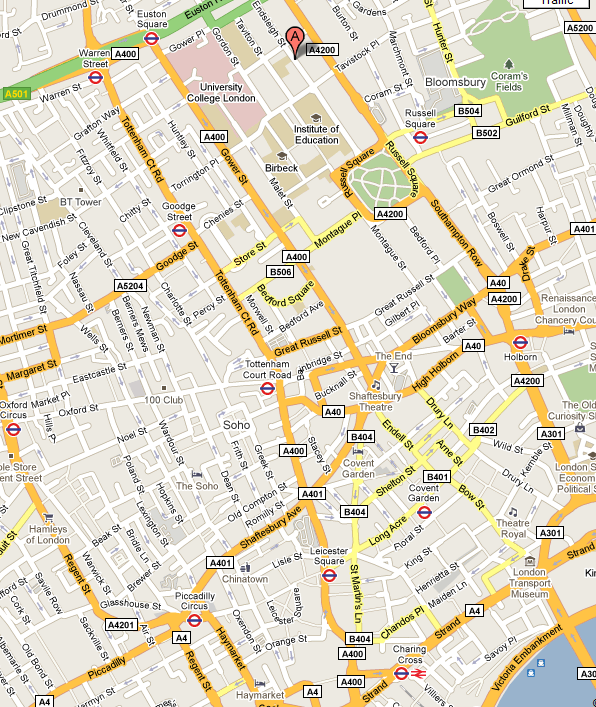The technology I crave has yet to be invented. A fairly frequent conversation in our household runs thus:
Me: I wrote an article on the way home today.
Mrs F: Ooh. Let’s read it.
Me: It’s all in my head at the moment.
Mrs F. It’s a pity we can’t print your head.
A pity indeed, because writing in your head and then having to go through the laborious process of typing it up doubles the time, if not the effort, spent on it. What’s needed is something that converts brain waves into keyboard strokes.
 Flight of fancy?In a sense, one could argue that that is not quite as far-fetched as it sounds. There are games/simulations available now in which the game play is affected by the mood of the player, as recorded by brainwave patterns. Indeed, there’s an article about one such game in a forthcoming games edition of Computers in Classrooms. On the other hand, it does seem a bit of a leap from that to mentally creating sentences and paragraphs at all, let alone with any degree of precision.
Flight of fancy?In a sense, one could argue that that is not quite as far-fetched as it sounds. There are games/simulations available now in which the game play is affected by the mood of the player, as recorded by brainwave patterns. Indeed, there’s an article about one such game in a forthcoming games edition of Computers in Classrooms. On the other hand, it does seem a bit of a leap from that to mentally creating sentences and paragraphs at all, let alone with any degree of precision.
Nevertheless, I think it’s important, especially for youngsters, to indulge in flights of fancy like this, so bear with me while I do so. What might be the advantages and disadvantages of such technology?
Advantages
One advantage is obvious: all the time saved. Not just on article writing and the like, but all the form-filling that modern life seems to entail.
 A bit of a trekIt would enable us to make better use of time too. A couple of days ago, for example, I attended a conference in Tavistock Square, then walked to Govinda’s for some Eastern culinary delight, then onto Piccadilly and thence to the RSA just off the Strand. That’s a lot of walking and therefore thinking time. I managed to write two articles for the newsletter.
A bit of a trekIt would enable us to make better use of time too. A couple of days ago, for example, I attended a conference in Tavistock Square, then walked to Govinda’s for some Eastern culinary delight, then onto Piccadilly and thence to the RSA just off the Strand. That’s a lot of walking and therefore thinking time. I managed to write two articles for the newsletter.
For pupils who don’t like writing, this would be a boon. They could think their story or essay, and it would magically appear.
For pupils who hate it when their (cover) teacher says “Copy out chapter 3”, this would be a wonderful invention.
Unfortunately, I can think of more disadvantages than advantages.
Disadvantages
The first disadvantage I thought of was the difficulty in controlling one’s thoughts. Half the time when I’m completing the forms I’ve alluded to above, my opinion of the person who devised the form, and the process of which it is a part, is less than complimentary. I’m not sure I’d like my thoughts suddenly appearing in front of me.
There’s also another disadvantage. At the risk of sounding obnoxiously arrogant and laying myself wide open to critical scrutiny, I think the majority of blogs (not so much in the education sphere, but as a whole) are utterly unreadable. Poorly written, ill thought-out, their only saving grace is that at least they make their owners happy. Fortunately, it’s a well-known fact that most people with an opinion are happy to spout it in the pub rather than start a blog. If all of a sudden all you needed to do was think a blog post for it to be created, there would be all kinds of drivel clamouring for our limited attention.
It’s clear that on balance such a technology, if it were ever developed, would be a curse rather than a boon. That won’t stop it being developed, of course, if there is the remote possibility that it ever could be. In that eventuality, I’d like it to be known that I’d be happy to beta test it.
In the meantime, I need to type up those articles I was telling you about.
Thanks also to Doug Woods, who pointed out this article which appeared after I’d written this post.
